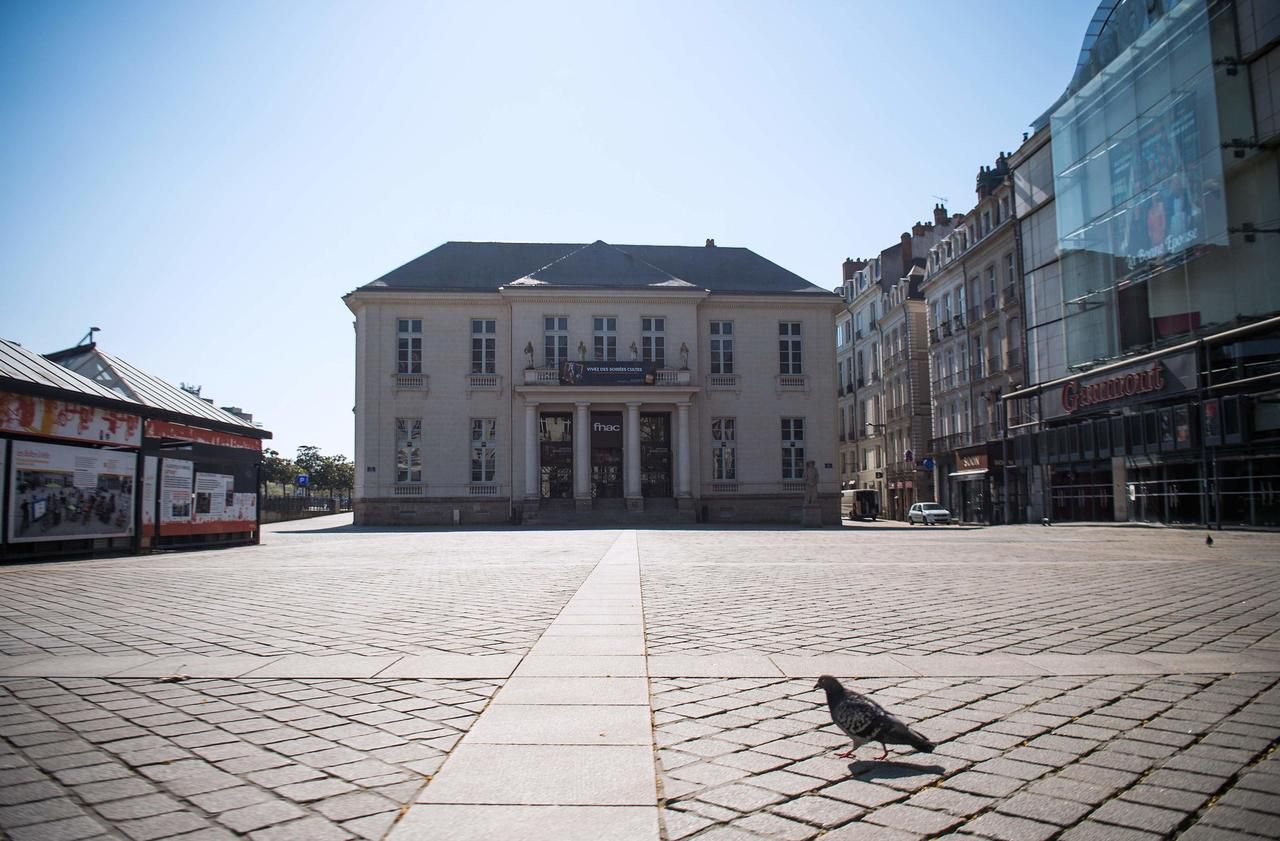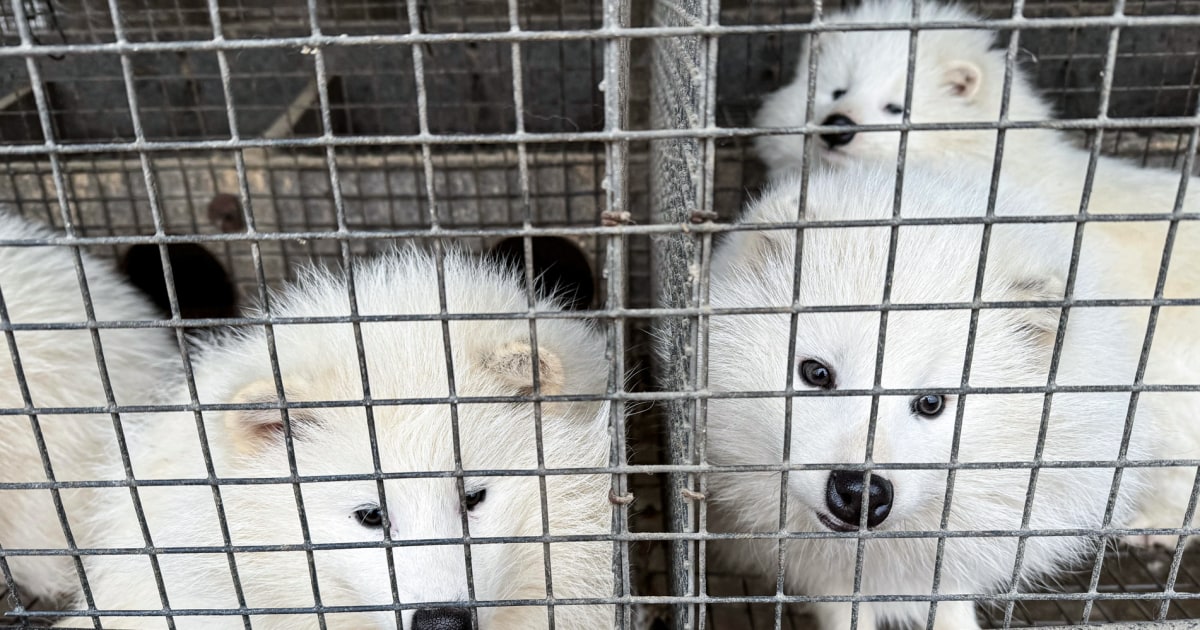More than three billion people entered Saturday into a new weekend of containment around the world faced with an acceleration of the coronavirus pandemic which has already killed more than 27,000 and is hitting Europe, Italy in the head.
In France, the government has extended the confinement of the population by two weeks from Tuesday, until April 15. "We will have to hold out," warned French Prime Minister Edouard Philippe, warning against "the extremely high wave" of the disease which "is sweeping over France".
Coronavirus: Edouard Philippe announces "extension of confinement for 15 days"
Russia, the last major country to have not taken any general containment measures, decided as of Saturday to close its restaurants and most of its shops before a busy week. The authorities hope that the Russians will remain at home in this way, even without being obliged to do so. Ireland, on the other hand, entered Saturday and until April 12 in total containment.
Tensions on the African continent
In South Africa, police fired rubber bullets on Saturday to disperse hundreds of people who crowded outside a Johannesburg store in violation of confinement. Ghana announced on Saturday that containment measures will be put in place in two key regions for two weeks on Saturday.
In the poorest countries, especially in sub-Saharan Africa, where movement restrictions jeopardize the livelihoods of people who often live day to day, containment is not a given.
The "total confinement" of Kinshasa, which was to begin on Saturday for four days, was thus postponed in extremis because of "speculation on the prices of basic necessities" and to "prevent acts likely to create insecurity", according to the Congolese authorities.
In China, the end of the tunnel
In places, confinement has a psychological impact by increasing levels of depression, anxiety and other mental health problems, according to the Red Cross. “Even in conflict zones, we can hug when we are afraid. The terrible thing about this (pandemic) is the lack of physical contact between humans, "said one of its officials.
Newsletter - The essentials of the news
Every morning, the news seen by Le ParisienI'm registering
Your email address is collected by Le Parisien to allow you to receive our news and commercial offers. Find out more
“The hardest part was at night, I couldn't sleep, the anguish invaded the room. During the day, the doctors passed, the cleaning staff, those who distributed the food. At night, nightmares arrived, death prowled, "testified Fabio Biferali, a 65-year-old Roman cardiologist who spent eight days" isolated from the world "in the intensive care and resuscitation unit of the Policlinico Umberto hospital I of Rome.
In China, the city of Wuhan, where the epidemic of new coronavirus was declared in December, gradually reopened to the outside world on Saturday after more than two months of almost total isolation, with the arrival of the first train travelers authorized since containment. "She rushed to her father, I couldn't help crying," said a 36-year-old passenger, a resident of Wuhan, who with her daughter found her husband, from whom they had been separated since ten weeks.
Coronavirus: Patrick, 51, spent 5 days in a coma, he testifies









